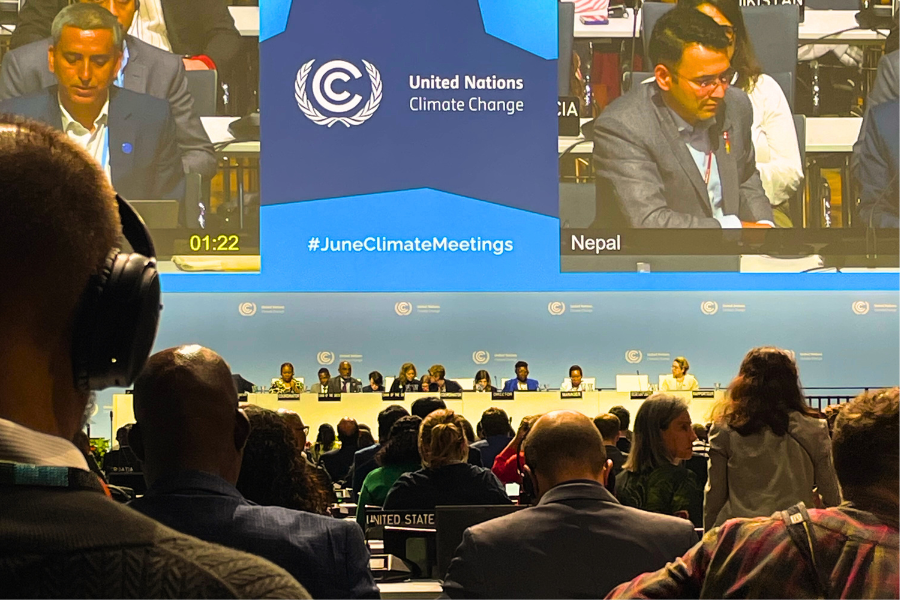
Applications are open for the 2025 Green Finance Challenge with HSBC Continental Europe!
5 October 2025
Sciences Po Energy Review: Launch of the EU–Canada Energy Relations Special Issue
7 November 2025By Sarah Thompson, PhD Candidate, Université libre de Bruxelles and Senior Research Programme Manager, European Chair for Sustainable Development and Climate Transition, Sciences Po, and Benjamin Kaplan Weinger, University of California, Los Angeles
As global attention turns to COP30 in Belém, this new Climate Social Science Network (CSSN) policy brief, “Climate Obstruction in the UNFCCC,” examines how obstruction has become a defining feature of international climate negotiations, shaping the pace and substance of global climate agreements through subtle, context-specific tactics that are often hard for negotiators and observers to detect or address effectively.
This policy brief introduces a typology of 14 obstruction tactics, shows where they are most likely to appear during different stages of the UNFCCC negotiations, and highlights how they may emerge at COP30, with the aim of equipping actors to better recognize, anticipate, and respond to efforts that could undermine climate ambition.
Read the full policy brief here →


